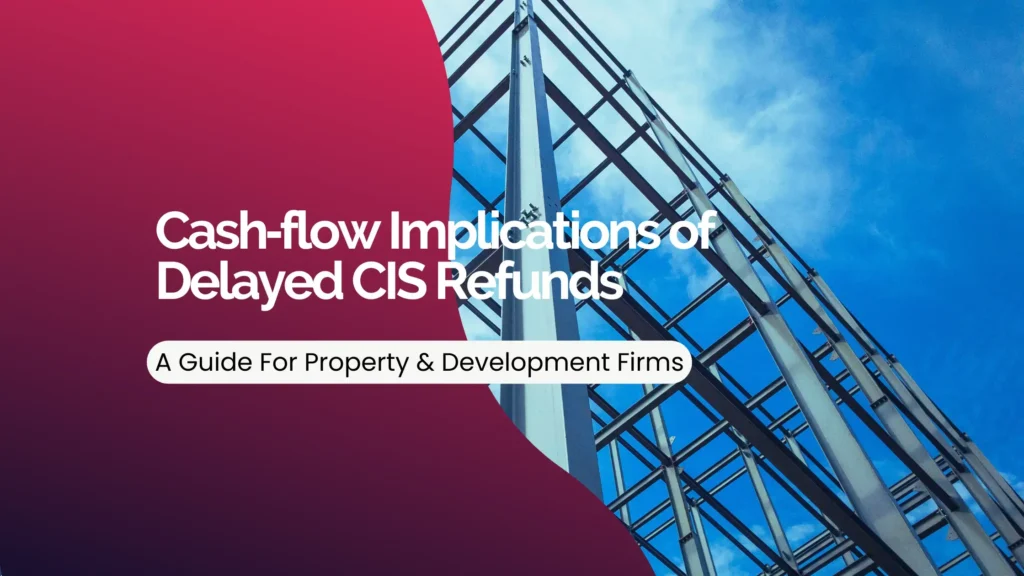Do You Need to Register for Payrolling Benefits Before April 2026? Voluntary vs. Mandatory Explained
Businesses that offer employees perks, such as company cars, private medical insurance, or other benefits, need to understand payrolling benefits. Payrolling benefits means reporting these perks through the payroll system as they occur, rather than waiting until the end of the tax year to fill out forms like the P11D. This allows income tax and […]









